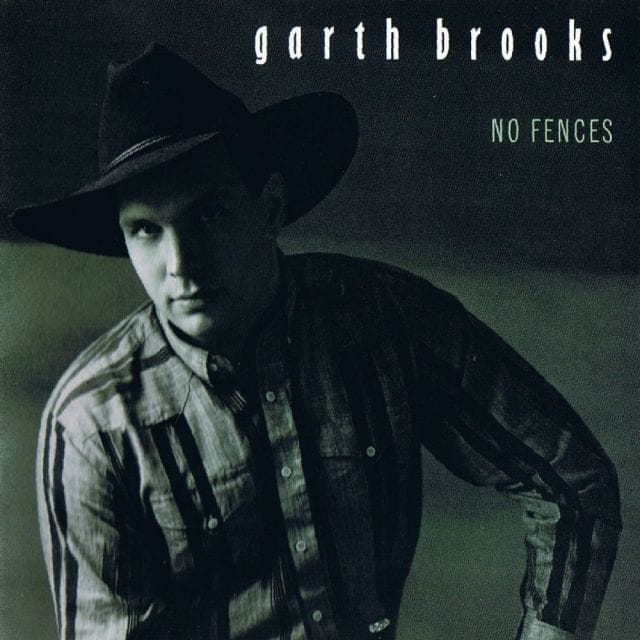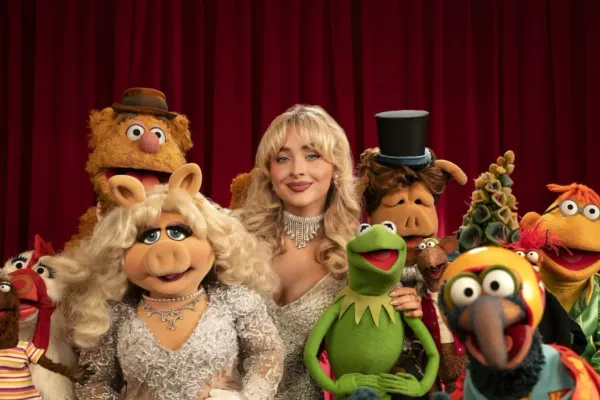Episodes: Low places

In my early 20s, my best friend got married, to a girl from New Jersey. Only a few of us South Dakotans were able to make the trek out to Jersey for the wedding, but I was one of them. My friend group in high school was pretty tight, and a few of us made the trek, as did my then-fiancee, whom you may now know as my wife.
The ceremony, held outdoors, was a joyous occasion, as weddings usually are. (I've been to some sad weddings. Shut up.) The reception was held at a local gathering hall. I gave a toast. My friend and his new wife danced, then all of us danced, and my friends and I spent a long while sitting in the corner and swapping Strong Bad quotes back and forth.
Then it happened. The DJ started playing the song. The one everybody instantly knew. The one we could all sing every lyric to by heart. The one that always popped up at weddings and led to big, boozy group sings. The one that even the worst singer in the world feels comfortable belting out, because, boy, that song is sure a memorable one.
I speak, of course, of Garth Brooks's "Friends in Low Places."
When we got to the second chorus, though, I think our merry little band of South Dakotans realized something we found a little strange: We were the only people singing. Sure, a few folks might have joined us on the chorus here and there (it's not a very hard one to remember). And it wasn't as if the New Jersey folks at the reception had never heard the song or heard of Garth Brooks. But they were still pleasantly puzzled that we knew all the words to all the verses, that it was this thing we did, a ritual we didn't even realize was a ritual.
I'm not saying our new East Coast pals were nose-in-the-air coastal elites, either. They were very down to Earth, blue-collar folks, who greeted us with warmth and enthusiasm. They just didn't understand our cultural touchstone, and we had failed to understand that our cultural touchstone wasn't a cultural touchstone for everybody else, too.
I've been thinking about that moment a lot lately, as I think about the way that those of us who write about culture (who usually congregate on the coasts or in Chicago) tend to act as if our pop culture is the only pop culture. I mean, sure, we're intellectually aware that a lot of people watch NCIS, or listen to country music, or whatever, but why would we write about it? The people who care like to read about the stuff we like.
(Sidebar: This is mostly true! At AV Club, we constantly tried to build an audience for more middle America-driven shows, and the readership just wasn't there. The argument for this was always that there wasn't enough there to dissect, or the viewers just didn't care about them in that way, or whatever, but I never bought this. For one thing, more upscale procedurals -- Elementary or the early years of The Good Wife -- always did very well for us. For another, a show like Big Bang Theory, which would theoretically fall into this category, too, always did well, too. For yet another, if you've ever lurked in a TV Guide comments section, you will know there are people who are passionate about NCIS, etc. There are reasons this is true -- the unfair distribution of broadband internet around the US, the fact that if you're, like, a farmer, you're probably not going to spend your workday reading TV recaps like a white-collar office worker, etc. -- but let's not digress too much further.)
The "Friends in Low Places" moment, however, was a moment when I realized that pop culture osmosis didn't run both ways. If something speaks to the people of New York, it's hard for it to be escaped around the country. (Even my mom has heard of Master of None -- she doesn't know what it is, but she's heard of it.) If something speaks to the people of LA, the effect is slightly less, but still pronounced. And if it speaks to folks in other major metro areas (especially coastal ones), you'd better believe everybody will hear about it.
But it doesn't really work in reverse. You can probably name one or two chart-topping songs from the last 18 months, if only because that damn Chainsmokers song was so inescapable, but can you name a chart-topping country song? And this doesn't just apply to stuff that appeals to rural white people, either. It applies to all sorts of pop culture from all sorts of niche cultures.
As someone who writes about culture, this is something I've been picking at more and more over the years, tugging at this thread to see where it leaves. I don't think any one site has to cover everything -- that would be impossible. But I do think we need to do a better job of not all chasing the same rabbits, even as I know how impossible it will be to do that.
There aren't easy answers to this. Indeed, there might not be any answers. But I do think when there's a tendency to suggest, "Everybody is watching this show that not everybody is watching, clearly!" that's where the roots of cultural backlash lie. Too often, we act like this is still a monoculture, when it's more evident every day that whatever monoculture there was is splintering into lots and lots of niche cultures. And some people don't know all the words to Garth Brooks's "Friends in Low Places," the monsters.
---
Our Friday mailbag feature is a lot of fun! Please email me your questions over the course of the week, and I'll pick a few to answer. I'll always answer at least three per week, unless I just don't have the material. For ease of inbox search, please put "mailbag" somewhere in the subject line of your email. Thanks!
--
Episodes is published three-ish times per week, and more if I feel like it. It is mostly about television, except when it's not. Suggest topics for future installments via email or on Twitter. Read more of my work at Vox




